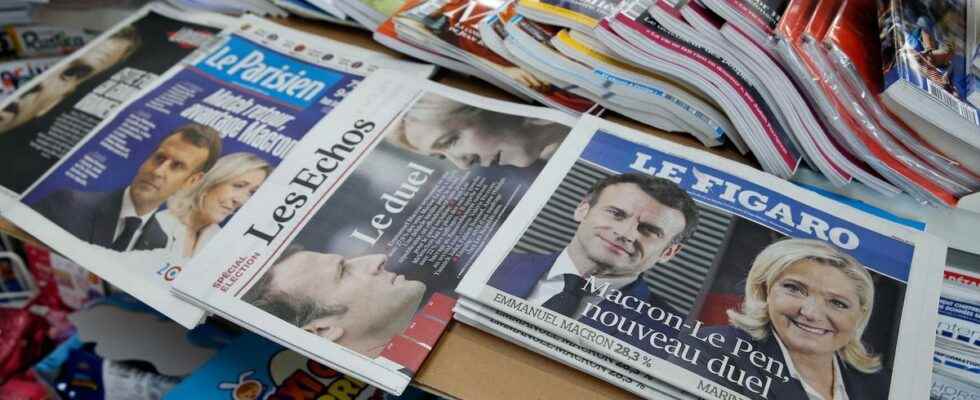Published ,
Reading 2 mins.
Regardless of political programs, orientations, convictions, the presidential election, probably more than the others, is a battle of image… and symbolism, which appeals to our unconscious. Sabrina Philippe, psychologist, author and member of the committee of experts of Doctissimo, gives us a singular reading.
The one who will be elected by the people is supposed to embody the leading representation of the country. In this sense, the real image implies a symbolic image, where our unconscious is invited. And you will understand to what extent…
Father’s era
The patriarchal image dominated all the Republics until the election of Nicolas Sarkozy.
The “father” of the nation had to be irreproachable, untouchable, representing order and law. General De Gaulle was the most emblematic image of the 20th century.
Always married, always fathers, their lives, including private ones, symbolized a model of exemplarity where human passions had no place. It is for this reason that they have been forcefully hidden. By divorcing during his mandate, and by marrying a former model, Nicolas Sarkozy undoubtedly, without being fully aware of it, signed the beginning of the end of this idealized representation. His successor, François Hollande, single, and taken in the throes of his private affairs exposed to the eyes of all, wrote the end point.
In the same way as in our society, the role of the father has greatly evolved, leaving this patriarchy with full powers to move towards more parity, the image of the head of state has followed this evolution where the father is no longer than a man… like the others.
The era of the son
Since the father no longer fulfills his symbolic functions, it is therefore quite logical that we elected a son. Emmanuel Macron, by his unprecedented youth, by the fact that he is not a father himself, and finally by the rupture he generated within the political parties in place, embodied this image.
Moreover, all the candidates who, by their age or their long experience, could have wanted to perpetuate this paternal image of the head of state were excluded from the elections, five years ago as today.
Ignoring the established order in the French political landscape, upsetting the models, sometimes clashing in his vocabulary and in his “rebellious” expressions, Emmanuel Macron symbolically embodied this dissident son.
And once again, it is no coincidence that in our society, where before children had to be silent regardless of their age, their words are now heard and even valued.
The era of the mother?
As you will have noticed, more and more women are running for president. A question of parity, of course, but symbolically, the image is not neutral.
Because today, by the fact that the man is no longer the guarantor of the family unit, by all the movements of independence, of claim, of recognition of the fairer sex as being egalitarian, we are moving slowly towards a society matriarchal.
Like other countries before us, often further north, because less impacted by this cultural patriarchy, the idea that a woman can embody the “mother” of the nation is gradually approaching.
Independently of political opinions, it is indeed maternal and filial imagos that the two candidates represent for the second round of the presidential election. A mother who wants to “restore order”, a son who evokes “the future and youth”. And if their political images are worked in this direction, it is good that our unconscious are also invited in this ideological choice.
